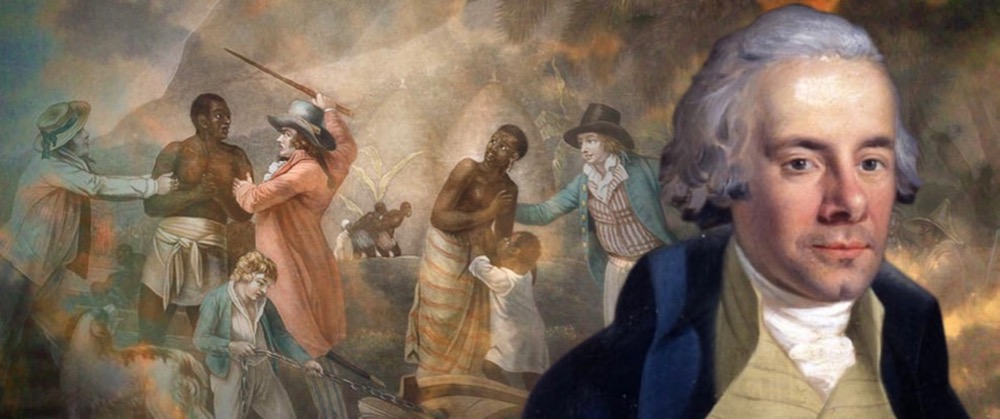 “Dad!!!!!! He says that strawberries are better than grapes and I’m dumb for liking the strawberry kind! Tell him he’s wrong at that strawberry is way better and he’s the dummy!”
“Dad!!!!!! He says that strawberries are better than grapes and I’m dumb for liking the strawberry kind! Tell him he’s wrong at that strawberry is way better and he’s the dummy!”
All parents of siblings have heard similar fights to this. Laying aside for the moment that we probably shouldn’t call our sibling a dummy, it’s interesting what’s happening here. It’s as if the child is saying, “if I can get dad on my side then it’ll prove my case.”
But just because dad might agree that vanilla is chocolate it doesn’t prove that you’re correct. It’s possible you’ve just recruited another idiot to your side.
History is the same way, only dad isn’t here anymore. That’s what makes this way of arguing so pernicious. You can take his body of work but you can’t straight up ask him anymore. You really don’t know exactly how your historical hero would respond in this moment. But I think it’s still an important question to ask.
Consider some of our recent arguments concerning social justice. It’s not unheard of to hear a proponent of social justice proclaim that these things (#metoo, racial reconciliation, etc.) are implications of the gospel. We must get these right in order to be faithful to what God calls us to do. It’s imperative that our morality match our confession.
But do you realize that this argumentation, which propelled William Wilberforce to end the slave trade in England, was also the very same argumentation used by the early liberalism of the late 19th and early 20th century?
“Dad!!! Is this argument like William Wilberforce or Harry Emerson Fosdick!?!?!?”
And I think this is part of why divided evangelicals are talking past one another. Both Wilberforce and Fosdick would have been on the forefront of social change. And I think a vast majority of those working for social justice would see their efforts in line with Wilberforce but for a large segment their words are being heard as those of Fosdick.
So which is it?
Probably a bit of both. But I think there is a way you can tell if your push for social justice is more in line with the early evangelicalism which ended slavery or the liberal evangelicalism which ended up denying the miraculous. For Wilberforce I believe it truly was gospel implications which fueled change. But for the early liberalism I would say it was actually gospel offense which was fueling change. What I mean is that what motivated them to depart from the miraculous was to keep plausibility within a changing culture. To put this another way (and likely a bit overly simple) what motivated Wilberforce was an obedience to the gospel. What motivated early liberalism was a place of fear.
I would argue that, broadly speaking, the 20th century liberals—driven by fear–sold the farm theologically. But I’d also argue that 21st century conservatives are now in danger of doing something similar.
There really are social justice proponents who have more in common with early liberalism than a heroic Wilberforce. And there really are social justice proponents who have the heart of the early evangelicals whose social change was motivated out of nothing more than obedience to Christ.
There really are conservatives who are motivated out of obedience to lovingly push against unhelpful and deadly teaching. And there really are conservatives who’ve been overcome with such fear that their way of thinking and reasoning and responding has more in common with early liberalism than they would like to admit.
Of course, there is much more that can be said on the issues which divide us. And this is all very difficult because we don’t like to admit that we might have slipped into a conservatism which is just as deadly as theological liberalism, nor do we want to admit that our desire to be on the forefront of social change is motivated at times by far more than obedience. It’s not only fear which drives men—sometimes it’s also pride of platform. And both sides have a ready made following just waiting to applaud you for confirming their bias.
It’s probably better in these perilous times to ask questions of our own hearts and less of that of our neighbor. When it comes to these discussions on social justice what’s my motivation? How much of a role does fear or pride play? Is sheer obedience to Christ what is driving me? If so, then may we cautiously and yet boldly be champions of gospel implications like Wilberforce.
Also, strawberries are always better.
—
Photo source: here
One Comment
Comments are closed.